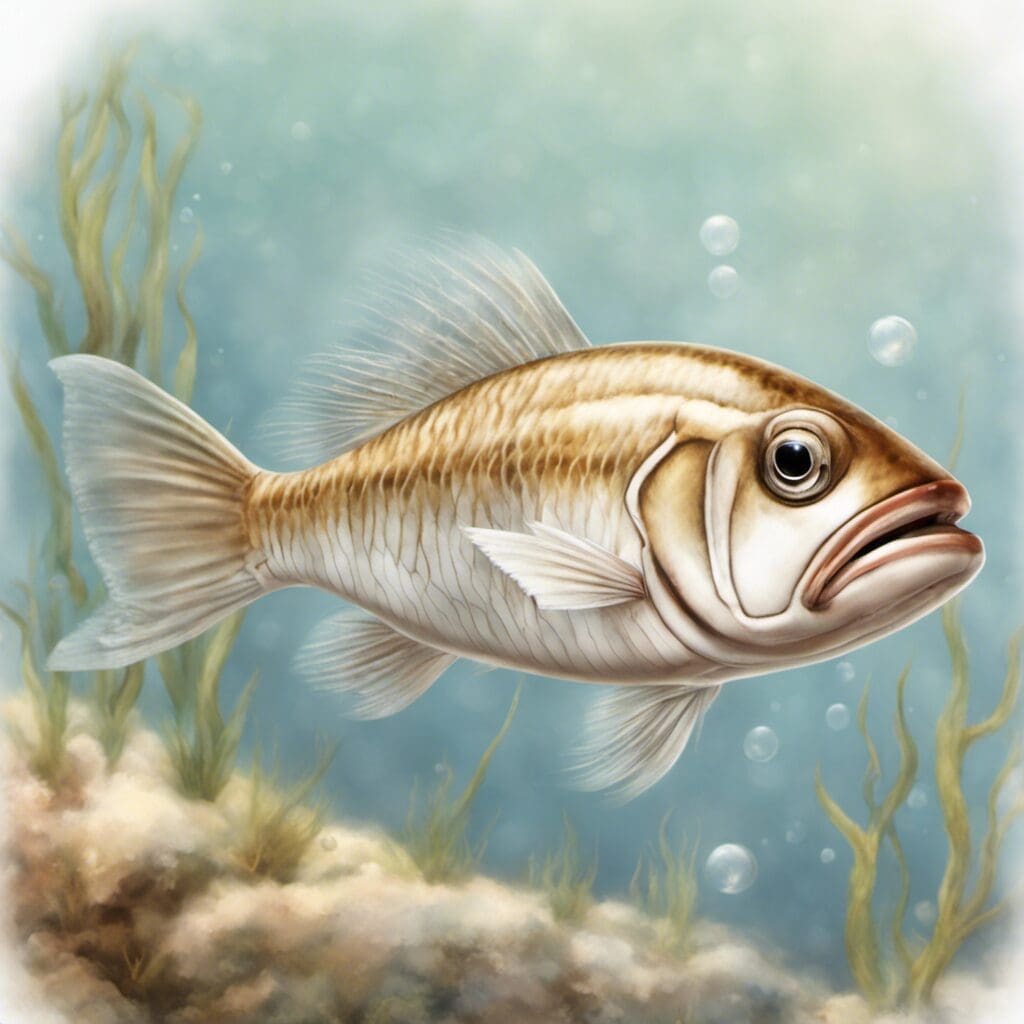Introduction
The Pearly Razorfish, or Xyrichtys novacula, is a vibrant species of the Labridae family characterized by its elongated shape and stunning coloration.
Conservation Status
Currently, the Pearly Razorfish is listed as ‘Least Concern’ on the conservation status scale as it is a widespread and abundant species. Conservation efforts are generally focused on maintaining healthy aquatic ecosystems to support populations of Pearly Razorfish and other marine species.
Statistics
| Statistics | Average | Range |
|---|---|---|
| Length | 20 cm | 10-30 cm |
| Weight | 200 grams | 100-300 grams |
| Average Lifespan | 5 years | N/A |
Distribution
Pearly Razorfish are most commonly found in the Atlantic Ocean and the Mediterranean Sea. They do not typically show any distinctive migration patterns.
Habitats
This species generally prefers warm, tropical waters. They are usually found at a depth range between 1 and 60 meters. The temperature of their habitat falls in the range of 15-27 degrees Celsius.
When and Where to See
The Pearly Razorfish tends to be more active during the day, so daytime would be the ideal time for spotting them. They are more common in warmer months due to their preference for warmer water temperatures.
Best Fishing Locations
1. Sardinia, Italy
2. Canary Islands, Spain
3. The Balearic Islands, Spain
4. Madeira, Portugal
5. Andalusian Coast, Spain
6. Aegean Sea, Greece
7. Côte d’Azur, France
8. Adriatic Sea, Croatia
9. Algarve, Portugal
10. Ionian Islands, Greece
General tips for finding Pearly Razorfish would be to look for habitats with sandy bottoms and sea grass areas, as the species tends to bury itself in such environments.
How to Catch
When it comes to bait, the Pearly Razorfish isn’t particularly picky. Small crustaceans or squid pieces can serve as effective bait. For techniques, both trolling and bottom fishing are proven methods. The best time to fish for a Pearly Razorfish is in the early morning or late afternoon.
Identification Guide
Pearly Razorfish are distinguishable because of their elongated bodies and vibrant coloration, which includes hues of pink, purple, and yellow. One can also look for the sharp, curved dorsal fins distinctive of this species.
Culinary
The Pearly Razorfish is considered a delicacy in many parts of the Mediterranean. The fish has a delicate, slightly sweet flavor. It is also an excellent source of protein and Omega-3 fatty acids.
Additional Information
In terms of behavior, the Pearly Razorfish are known to bury themselves in the sand with only their eyes visible as a method of escape from predators. Their main predators include larger fish species as well as humans. The Pearly Razorfish has significant cultural value in Spain, where is it is celebrated in traditional cuisine and folklore.
References and Further Reading
For more detailed information about the Pearly Razorfish, you may refer to marine biodiversity databases or scientific literature. Please remember to choose only trusted and reputable sources for your research

